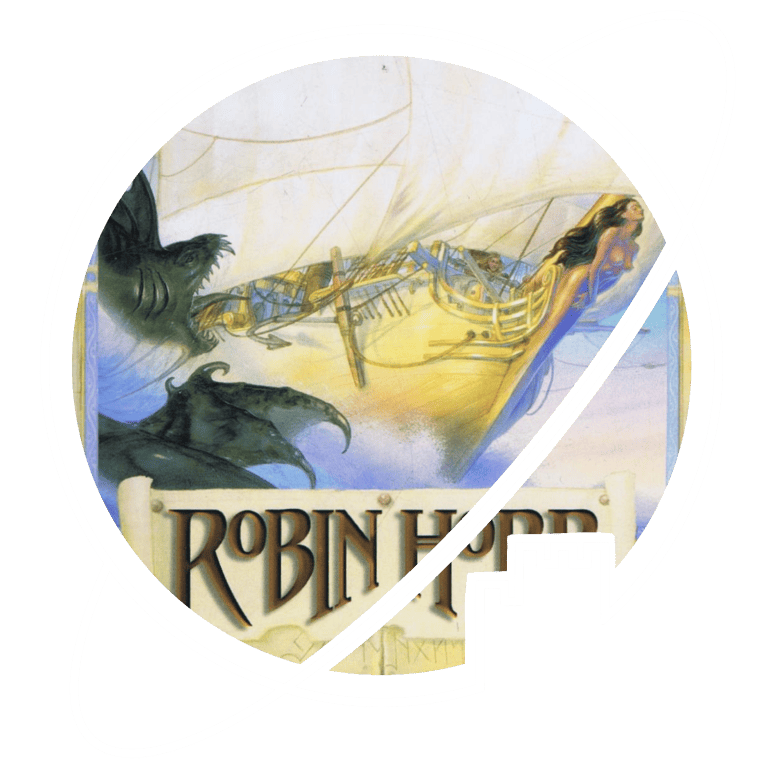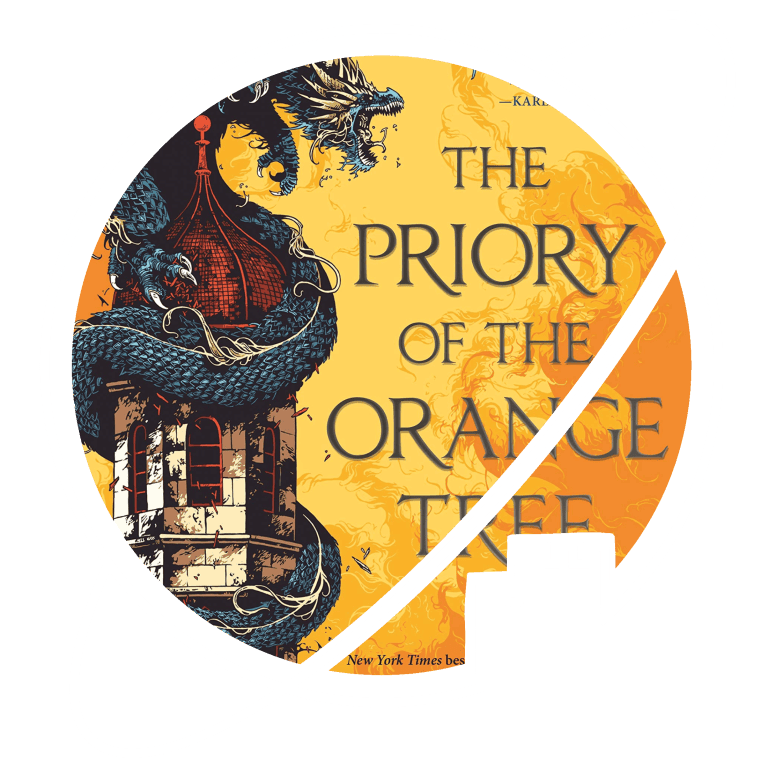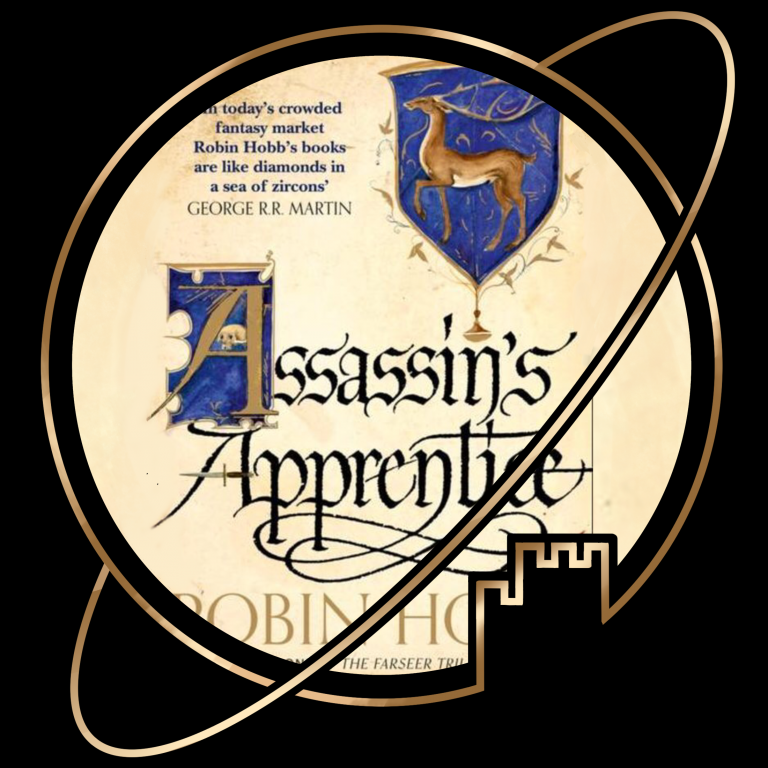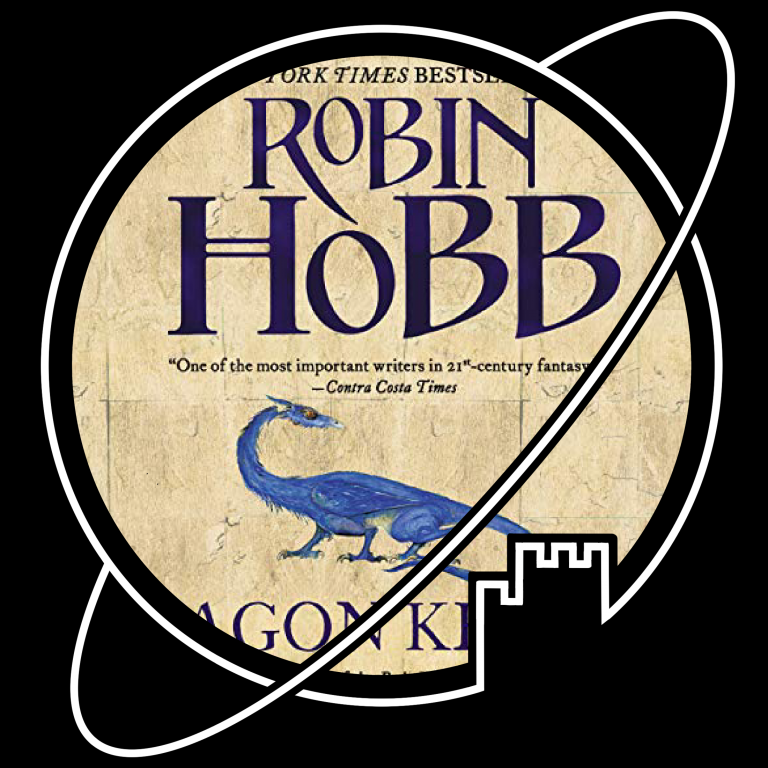

I recently reread the Liveship Traders trilogy to see if I’d like them more than I did when I was 11 years old. At that age, I was mostly just disappointed that these books didn’t feature my beloved Fitz from the Farseer Trilogy. Though this didn’t stop me from reading at the time, it did throw a persistent shadow on my reading experience. But now that I’m much older and somewhat wiser, friends urged me to give the Liveship Traders another try, because -despite a lack of Fitz’s shenanigans – ‘it is actually a very good story’. Of course, I never need much convincing to read Robin Hobb, so I borrowed some physical copies and went in with an open mind. I can happily say this was a good decision.
Robin Hobb will never cease to amaze me with her storytelling. She always manages to create an intricate psychology for her characters, and never hesitates to put them through the wringer to service the story’s plot and themes. The Liveship Traders is at times quite grim in that regard, dealing with subjects such as slavery and (sexual) abuse. In retrospect, I can’t blame my younger self that she didn’t grasp the full meaning of these sections. Now, however, I’m impressed with the way how Robin Hobb takes these terrible things – in modern media often used to cheaply shock the audience – to craft a narrative that explores the meaning of identity, trauma and self-determination.
Returning to Robin Hobb’s characters, I was also intrigued by the way Kennit is written. Traditionally, unlikable protaganists are difficult to pull off right. yet Kennit’s chapters were often my favourite.
The scope of the Liveship Traders is bigger than most of Robin Hobb’s other books, mostly because it’s centered around ships and nautical travels. However, things remain comprehensible. Most of the main characters are from the same family and easily distinguishable from each other. The same goes for the overarching political powers. The worldbuilding aspects that might be most difficult to understand, the titular liveships and the migrating sea serpents, are deliberatly mysterious and speak to the imagination. A ship that contains the memories of past generations and has a psychic connection to living family members? That can speak and has some control of how it moves? Fascinating…
So, if you’re in the mood for realistic fantasy with a focus on sea adventures? Look no further. Ship of Magic is a compelling first step, steadily building up to thrilling events. Just like all of Robin Hobb’s other trilogies, you can read the Liveship Traders trilogy without having read any of her other books in the Realm of the Elderlings series.








